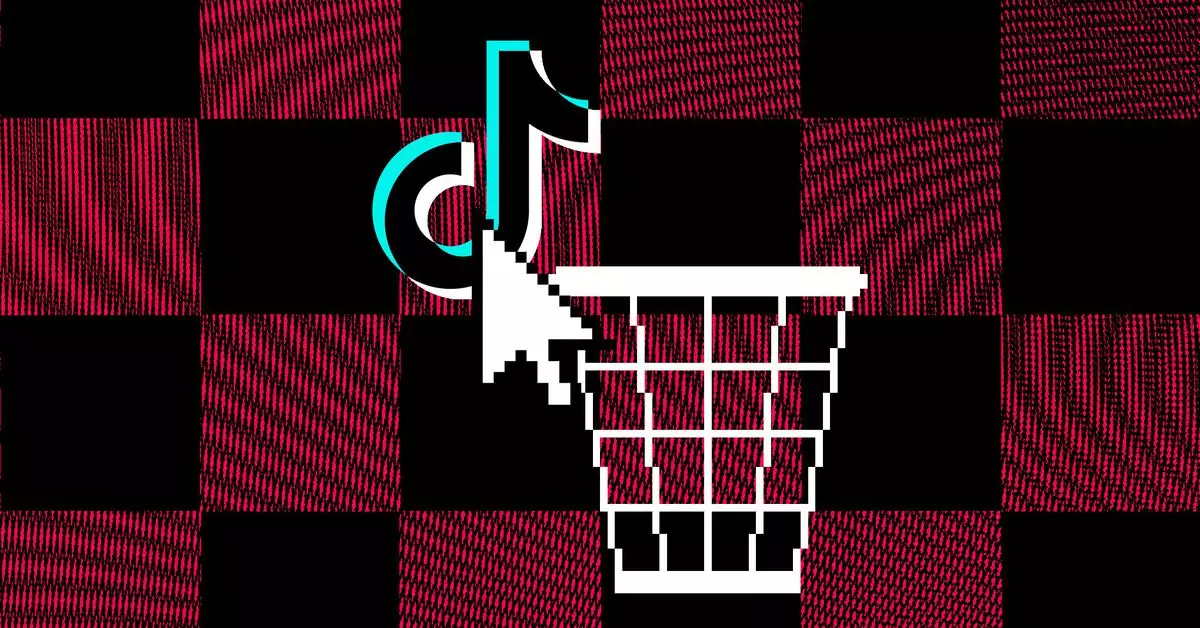As the political landscape prepares for a significant shift with the incoming Trump administration, TikTok finds itself at the center of a contentious debate regarding its future in the United States. This scenario unfolds as officials engage in stark dialogues, with White House Press Secretary Karine Jean-Pierre labeling TikTok’s threats to “go dark” as nothing more than a mere publicity stunt. This characterization comes amidst heightened tensions surrounding the perceived risks that TikTok presents under the national security context, a narrative that has dominated the discourse for some time now.
Jean-Pierre firmly stated that TikTok and other companies need not take drastic measures in the interim days leading to Trump’s inauguration. “We have laid out our position clearly and straightforwardly,” she asserted, reinforcing that any concrete actions regarding the application of the law will rest upon the incoming administration’s shoulders. What could have been an explosive standoff is thus receiving a more tempered response from government officials, who assert that corporate negligence or drastic measures should not be undertaken in this brief limbo.
Just the day before Jean-Pierre’s remarks, TikTok’s CEO Shou Chew made headlines by warning of a potential shutdown if reassurances regarding liability for major companies like Apple and Google were not received. This escalates the stakes significantly. The direct appeal to Trump for support signals a growing desperation from TikTok as it attempts to navigate the legal uncertainties imposed by the Supreme Court’s recent upholding of the ban. Chew’s comments reveal a company that feels cornered yet continues to seek advocacy from the very political factions that could dictate its operational fate.
The former president’s influence remains palpable, with indications of a possible 90-day extension to the existing ban discussed on NBC News. This brings into question the feasibility of such an extension, especially considering that the deadline lapses prior to Trump’s swearing in. If he chooses not to enforce the ban, TikTok may breathe a temporary sigh of relief, but the implications for Apple and Google remain significant. They must deliberate on the merits of risk versus reward in a situation that remains precarious and fraught with legal ambiguity.
With the deadline looming and a new administration on the horizon, the future of TikTok in the U.S. appears precariously balanced. The interplay of political will, corporate interests, and public perception creates a complex web that could either see the app thriving or disappearing altogether. As the narrative continues to evolve, it becomes increasingly clear that TikTok is not merely a social media platform; it is a focal point in an ongoing battle over technology, national security, and international relationships in a rapidly changing world. The next few days could prove critical, determining whether the company can navigate this storm or whether it will succumb to pressures it is currently facing.

